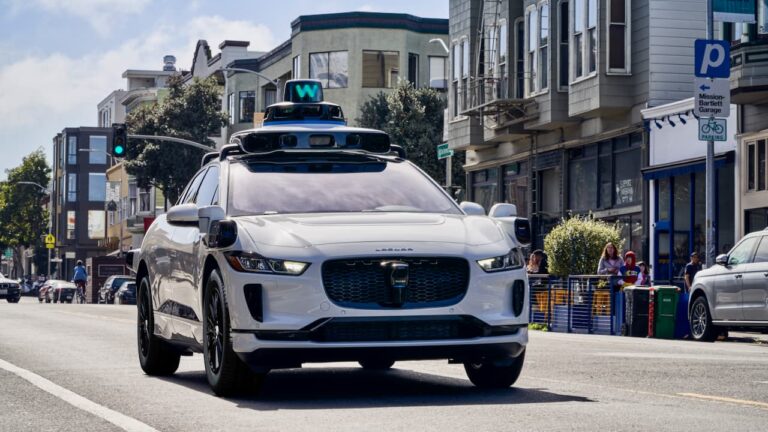All content categorized with: Blog
Filter
Post List

Arizona’s Regulatory Approach to be Tested as Waymo Prepares for Commercial Rollout of CAVs
By the end of this year, Alphabet subsidiary Waymo plans to launch one of the nation’s first commercial driverless taxi services in Phoenix, Arizona. As preparations move forward, there has been increasing attention focused on Arizona’s regulatory scheme regarding connected and automated vehicles (CAVs), and the ongoing debate over…CAVs and the New Push for Privacy Regulation
For many people, syncing their phone to their car is a convenience – allowing them to make hands-free calls or connect to media on their phone through the car’s infotainment system. But doing so can leave a lot of data on the car’s hardware, even after a user believes they…Will the Automated Vehicle Revolution be Green?
Last week’s release of the Intergovernmental Panel on Climate Change (IPCC) special report highlights the “rapid and far-reaching” societal transformations required in order to limit warming to 1.5, or even 2 degrees Celsius. A new study by researchers at the University of Michigan, published in the journal Environmental…Getting on the Road
Hello! My name is Ian Williams, and I am the Managing Editor of the Journal of Law and Mobility. I wanted to take a moment to introduce myself, and give a brief preview of what to expect from the Journal in the coming weeks and months. As Managing Editor my…Waymo’s Automated Vehicles Encounter a Hitch — Humans!
As per my last post, our law school problem solving class is looking at problems created by the interaction between connected and automated vehicles and other roadway users. This article from The Information offers some interesting insights on the difficulties Waymo is facing as it deploys its robo-taxi…Problem Solving Class at Michigan Law Tackles Mixed Fleet Problems
This fall, the University of Michigan Law School is offering its third Problem Solving Initiative (“PSI”) course concerning connected and automated vehicles. The first class, offered in the Winter 2017 semester, involved a team of fifteen graduate students from law, business, engineering, and public policy who accepted the challenge of…New technology, new business models and new ways of thinking
Transportation as we know it is changing dramatically. New technology, new business models and new ways of thinking about how we move are being announced almost daily. With all this change, come inevitable questions about legality, responsibility, and morality. Lawyers and policy makers play a leading role in answering these challenging questions. The newly launched Journal of Law and Mobility, will serve an important role as the leading source for scholarship, commentary, analysis, and information, and enable a meaningful dialogue on a range of mobility topics.Welcome to the Journal of Law and Mobility
I am delighted to welcome you to the newly launched Journal of Law and Mobility! The Journal is the centerpiece of the University of Michigan Law School’s new Project in Law and Mobility, which will work in partnership with Mcity and the wider University community to expand knowledge, communication, and learning about the intersection of law, regulation, and mobility. In addition to the Journal, the Project will include such features as a periodic speaker series, an annual conference, and support for our Problem Solving Initiative course in connected and automated vehicles.

